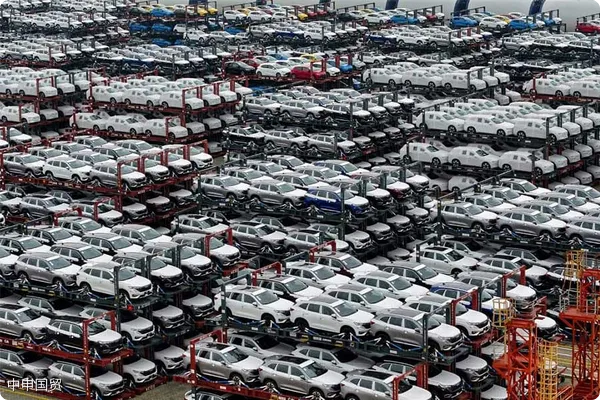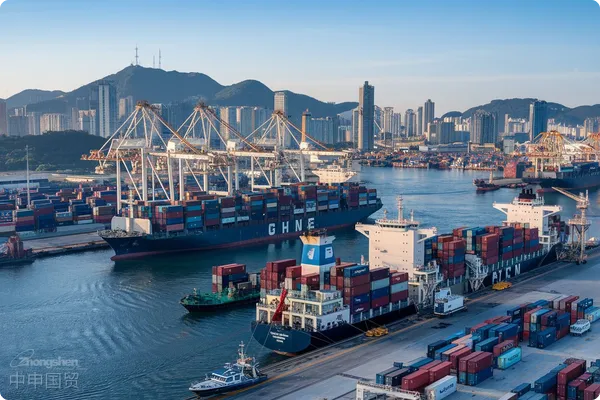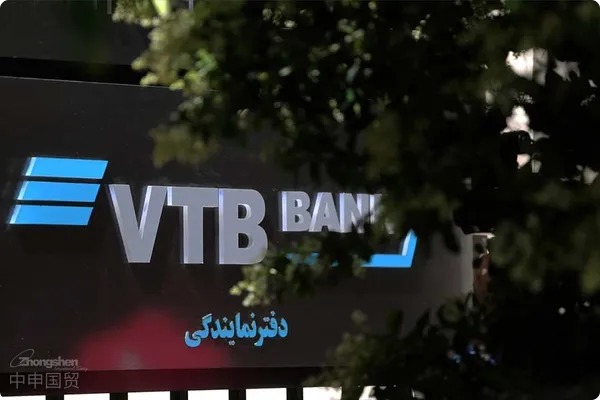- Shanghai Zhongshen International Trade Co., Ltd. - Two decades of trade agency expertise.
- Service Hotline: 139 1787 2118
Turkeys Official Gazette published on the 5th the presidential decree On Amending the Decision Regarding Additional Duties on Imported Products, stipulating that automotive imports within investment incentive policies will not be subject to extra taxes, effective immediately. According to Turkey News Network, under the new regulation, automakers investing in Turkish production facilities will enjoy investment incentives without paying the previously mandated 40% additional duty, instead paying only 10% tariff. This policy adjustment aims to attract more foreign investment, particularly from Chinese automotive manufacturers to establish production in Turkey.

Latest policy background and objectives
Turkeys latest policy supplements a series of previous regulations on tariffs for Chinese auto imports. In March 2023, Turkey announced an additional 40% tariff on electric vehicles imported from China, raising the total tariff to 50%. On June 8, 2024, Turkey further expanded this policy to cover all Chinese auto imports (includingAutomotive parts), with a minimum tariff threshold of $7,000 for vehicles below this value, effective from July 8 this year.
Impact on Turkeys automotive market
Turkeys Economy Newspaper previously reported that Chinese auto imports account for about 10% of Turkeys market share, raising concerns among local business groups. The 40% tariff increase on Chinese vehicles aims to pressure Chinese automakers to invest in local production. Turkey News Network quoted an industry insider stating that the additional tariff exemption policy beyond the two announced tariff hikes is designed to encourage Chinese automakers, especially EV manufacturers, to invest in production within Turkey.
Attracting investment from Chinese automakers
According to the new regulations, Turkey hopes to attract Chinese automakers to invest and establish factories through the tariff exemption policy. Industry insiders reveal that some Chinese automakers are already in negotiations with Turkey and have reached the stage of signing investment commitment letters. Once implemented, these companies will be exempt from additional tariffs, but if investments fail to materialize within the stipulated period, Turkey will revoke related incentives and tax exemptions in accordance with relevant laws.
Advantages of the Customs Union Agreement
Turkeys Hurriyet Daily News reported on the 6th that due to the Customs Union Agreement between Turkey and the EU, vehicles produced in Turkey can be exported to the EU without additional tariffs, which is positive news for Chinese automakers investing locally. However, despite favorable policies, some media outlets worry whether the frequent tariff policies might lead Chinese automakers to abandon the Turkish market. Turkeys TRT TV analysis suggests that although Chinese vehicles are gaining market share locally, the Turkish market is not indispensable in the global context.
Development of Turkeys electric vehicle industry
In recent years, Turkey has vigorously developed its EV industry. Data from the Turkish Automotive Distributors and Mobility Association show that pure EV sales accounted for 6.8% in 2023. Local media report that EV sales exceeded 20,000 units in the first four months of 2024, with projections indicating that EV sales will surpass 30% by 2030.
Data from the Turkish Electric and Hybrid Vehicles Association shows that as of December last year, Turkey had over 120,000 EV charging stations. In 2023, 59 EV models from 27 brands were sold in Turkey. The chairman of the Turkish Automotive Dealers Federation, Erol ?ahin, stated that the growing number of EVs in Turkey has significantly boosted awareness of electric vehicles, particularly benefiting the launch of the domestic brand Togg.
Related Recommendations
? 2025. All Rights Reserved. Shanghai ICP No. 2023007705-2  PSB Record: Shanghai No.31011502009912
PSB Record: Shanghai No.31011502009912










